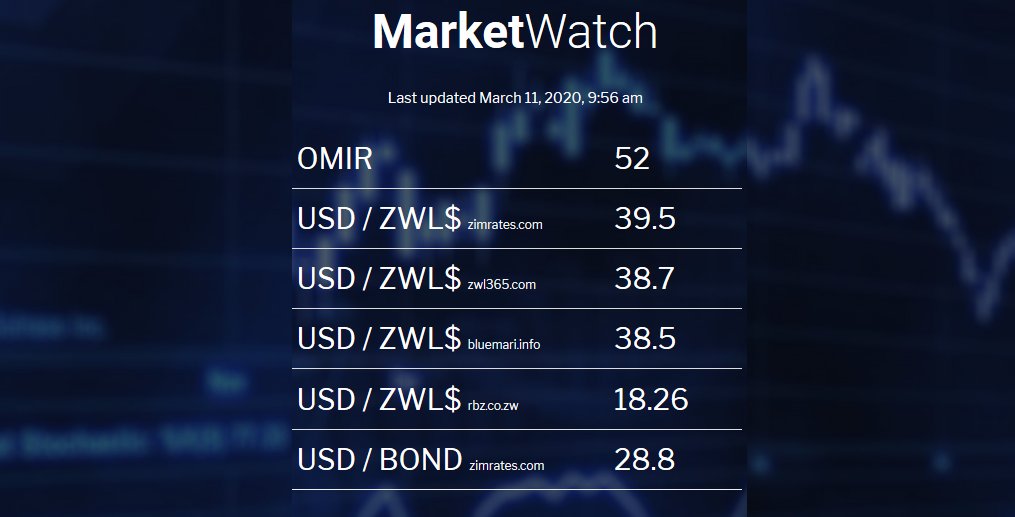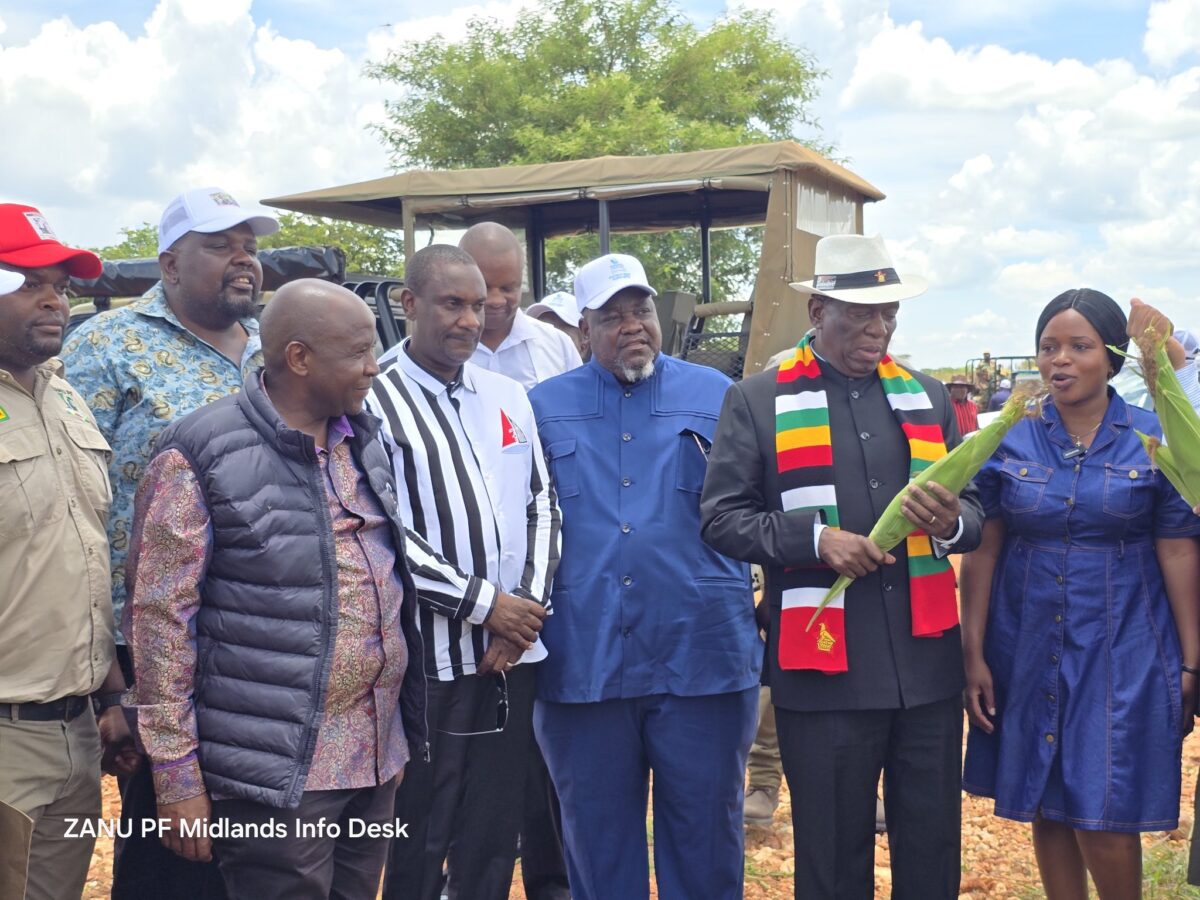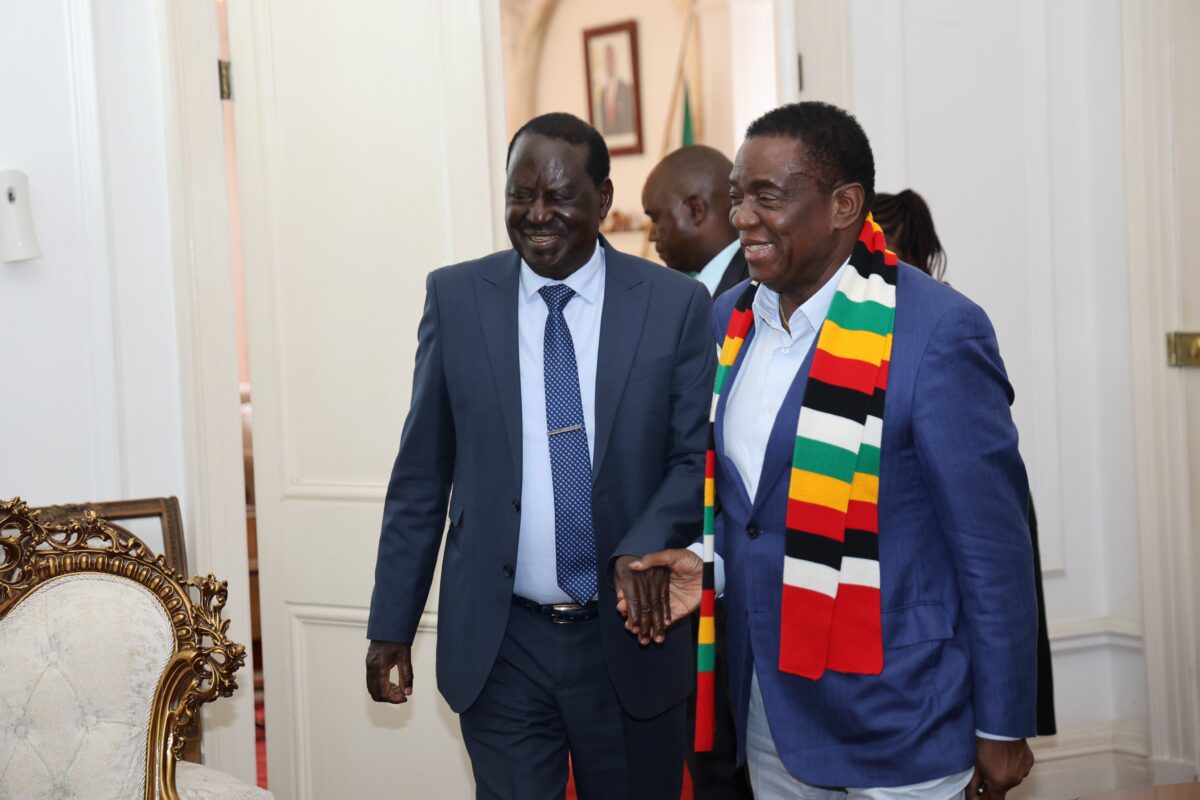HARARE – Econet Wireless on Wednesday raised its data prices by 23 percent, as the Zimbabwe dollar continues its slide.
The company said its voice tariffs remained unchanged.
Econet, Zimbabwe’s biggest mobile phone network with 11 million subscribers, did not give reasons for the tariff increase.
The local currency was on course Wednesday to breach the 1:40 on the parallel currency market to the United States dollar, as triple-digit inflation continues to wreak havoc on the economy.
Econet’s popular daily bundle data service will see their customers pay $7 for 40 MB, while the highest package on offer, 1,200 MB, will now set back their customers by $80, up from $65.
Econet has been steadily hiking data prices since announcing in July last year, a month after Zimbabwe banned use of foreign currencies and switched back to a local currency, that it would take “drastic measures” if the impacts of severe rolling blackouts cannot be resolved, adding that the power cuts had left its operation unsustainable.
Econet’s rivals NetOne and Telecel, who offer cheaper services by comparison, are also expected to review their prices.

Zimbabweans are grapping with numerous crises, from fuel, maize meal and foreign currency shortages to soaring inflation which has shrivelled salaries.
A lack of confidence in the local currency has seen Zimbabwean companies benchmarking goods and services on the United States dollar, which is making a strong comeback even as the Reserve Bank of Zimbabwe (RBZ) maintains that its efforts at dedollarisation have been a success.
Queues for cash are getting longer outside banking halls. Zimbabweans who mostly get paid in electronic RTGS dollars are forced to pay premiums of up to 50 percent to get cash on the parallel currency market, despite assurances by the RBZ to increase cash supply.
















